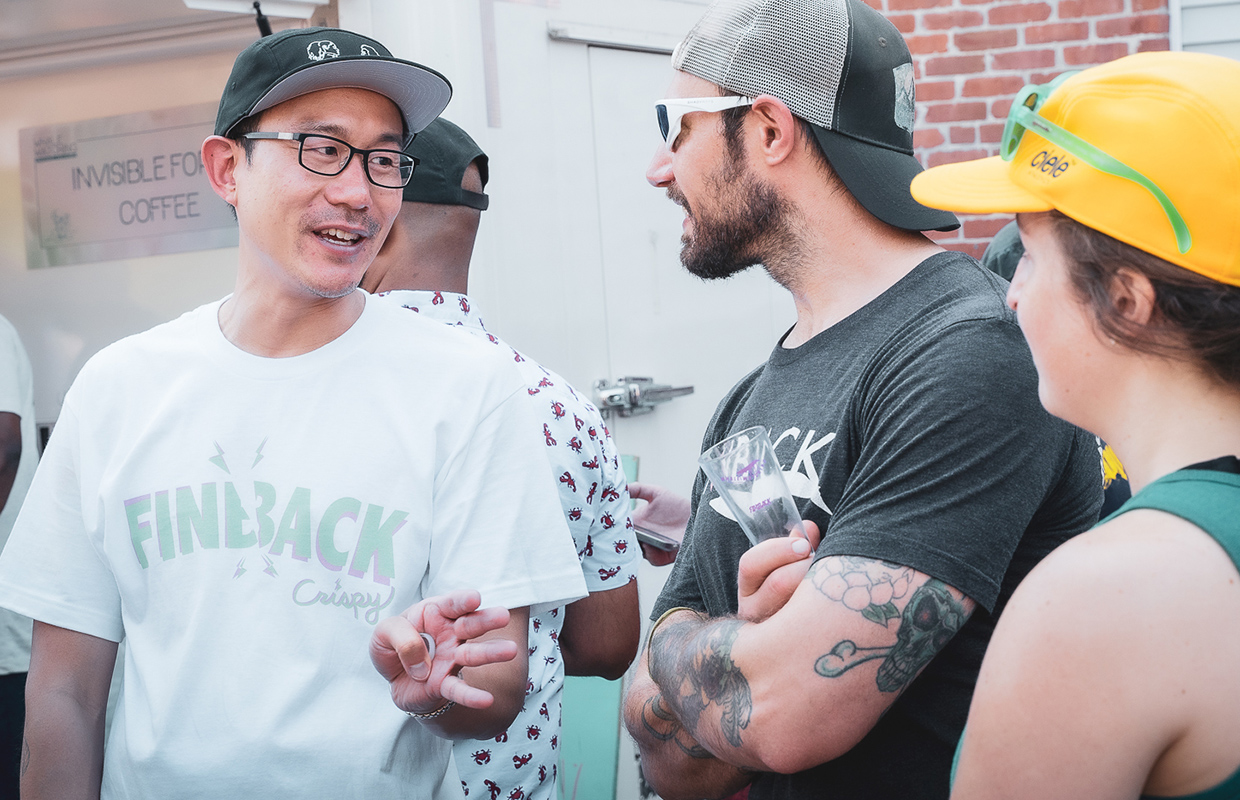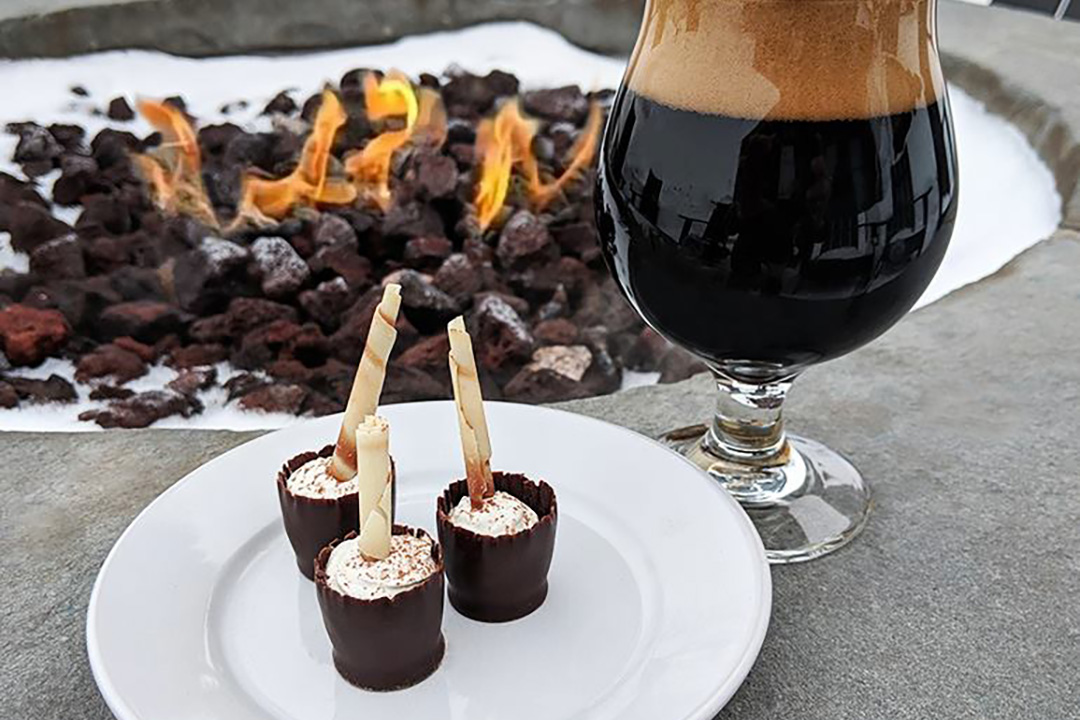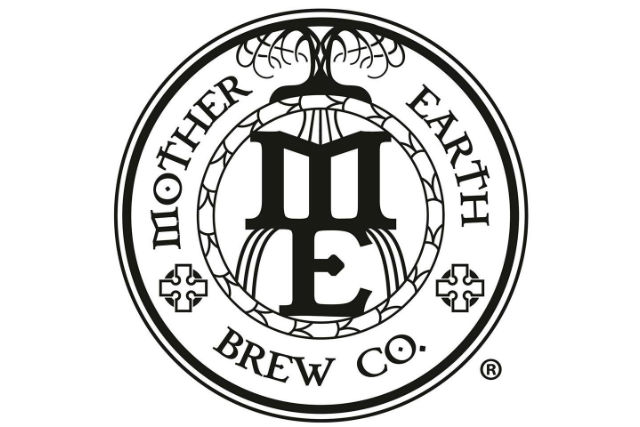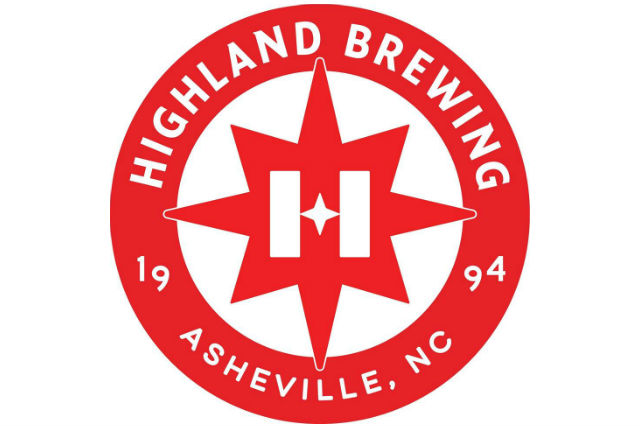
This is a part of a continuing series of Q&As with members of the brewing community from across the US.Brewer Magazine will share business and personal insights from Brewmasters, Head Brewers, Brewing Managers, Sales Directors, QCQA Managers and others each weekend to help you get to know each other better in the industry and learn more to better develop your own brand.
Basil Lee, co-founder, Finback Brewery — Glendale, New York
BREWER: Why did you enter the craft beer industry and what makes you love being a part of it and staying in it?
LEE: I grew up in a family restaurant business and our lives very much revolved around food and drink. However, if you would have asked me back then what I wanted to be when I grew up being a brewer or working in hospitality would be furthest from my mind. I took a circuitous route, via art school then becoming an architect. I was super interested in what it meant to be an artist and to be a creative maker. There wasn’t one thing that brought me back, but visiting many of the brewers I loved, being part of the beer community and home brewing, slowly put me on the path to opening a brewery. I saw the brewery as a creative outlet that could merge many of the things I was passionate about. The idea of brewing beer, composing recipes, designing our aesthetic and spaces, brought together in an entrepreneurial endeavor was very exciting to me. Over time, as we grew into our own, I have come to realize the joy I get in being on the production side of hospitality — of hosting people and making beer and spaces as a platform for social activity. I love to drink, and eat, and travel, but I have come to realize that above else I really enjoy making these experiences for others.
BREWER: What do you feel have been new challenges in your position that have helped push you and make you better at your job?
LEE: I am a believer that adversity breeds evolution. Early on, most of our challenges were operational. We were very fortunate to have opened a brewery at a time and place that received wonderful support from our community and there was such excitement around craft beer in general. So many of our challenges those days were about how to improve our processes and our product; we were very focused on technique and execution as well as the new territory of managing a team as we grew. I think we have seen the biggest transformational challenge to our industry only recently — Covid was a great difficulty in so many ways and for everyone globally. We had to adapt quickly, as did our friends and colleagues in the industry as well as globally across nearly all sectors. In a few months, I think the industry went through what would have taken place over many years: regulations changed overnight allowing more direct-to-consumer sales, outdoor dining; on-premises markets evaporated and the distribution landscape changed; consumer habits changed, to name a few. These shifts were happening at a time when we, and many of our peers, were anticipating continued growth. I think these effects and speed of change forced us into a more focused and disciplined thinking mode. In many ways I think the past couple of years as well as the continued “new” operational landscape taught us to become more resilient and to prepare us for the next phase of how to create a productive brewery.
BREWER: How has the definition of growth for your company evolved and how have you adjusted to be successful in that new definition?
LEE: Thinking back, we were very naive about growth during our nascence. We were only two at the beginning, myself and my partner, working in a nearly empty warehouse, making beer, selling beer, delivering beer. We needed to grow to get to a sustainable scale, and we wanted to grow as an outlet for our passion to brew and engage more people through beer. Our attitude at that time was simply to make it better and do it more, and honestly, to pay the rent. Over time, as we gained some traction and success, we were able to explore deeper what drove our passions in the industry. I think we are just now beginning to think about our growth in a more thoughtful and meaningful way. I think the typical ideas of growth in terms of scale and economics for a business are important, but we are focusing more closely on how we want to grow. Brewing beer is our mainstay, but creativity is at our core. We have begun to focus our growth in expanding our diversity of experiences: opening new taproom experiences, working on a farm project, adding coffee and spirits to our program. I am seeing beer as a platform for the creative energies of our team and we are nurturing this to make more meaningful and engaging relationships with our community.
BREWER: What strategic growth opportunity do you feel is still “out there” for your brand and how are you working on capitalizing on it this year?
LEE: The past five years have seemed to move at lighting speed and I think this third wave of craft beer has evolved so rapidly and impactfully. Even in a more challenging and somewhat more competitive environment I think there are always opportunities for evolution. In a funny way, we see a move for us back to the basics and “doing” engaging and meaningful hospitality. I think when you can innovate on the obvious, there is something strong created.
BREWER: If you had one business strategy that you could implement to better the brewing industry, what would it be?
LEE: This is a tough one as I am terrible at choosing just one thing (I’m less of a silver bullet kind of person and more of a belts and suspenders kind of guy.) The word “business” makes it a little tougher; and, the broad sense of improving the brewing industry overall is ambitious. But I digress. I think I would say innovation on sustainable initiatives—something that could have both impactful contributions to the environment as well as good bottom line effects. I think there would be great opportunities in innovative packaging and certainly on the brewing operations side. It is always shocking for me to see the resources that go into manufacturing, from freight to packaging, water to CO2, and the list goes on. If there are opportunities that combine cost reductions to improving the environment and ultimately re-investing those cost savings into people and the environment, makes a virtuous cycle. I think more triple bottom line thinking across the industry would make the world a better place.




Be the first to comment